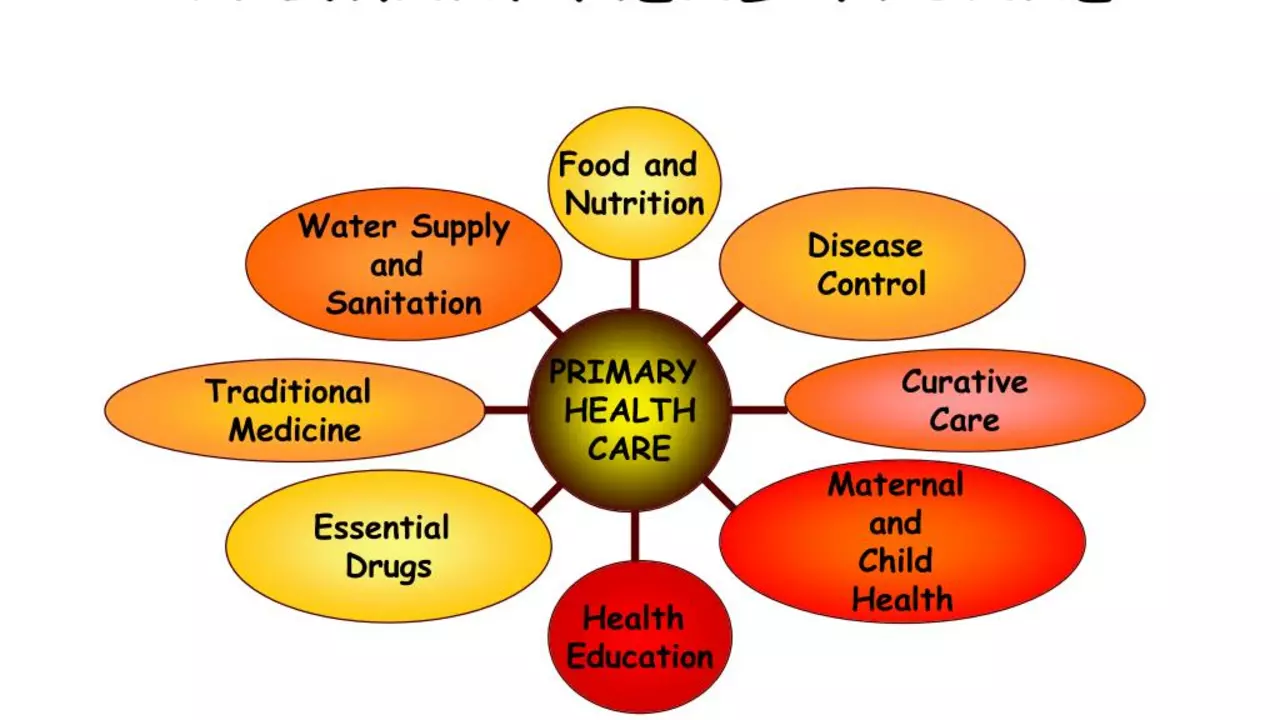Reimagining the Framework of Primary Health Care
I must tell you, friends, in all honesty, taking a good seemly glance at our global health scenario, I can't help but think that the time has come to reimagine our approach to primary health care. Now, I might not have a medicinal cape around my neck, but I have indeed had my fair share of bad days when a sniffle turned out to be Bronchitis. And oh boy! Those visits to health clinics, they're not exactly what I call joyful experiences. Getting the right treatment at the right time can be as intricate as trying to assemble an IKEA flat pack without instructions! And no, you can't skip steps!
At its very essence, primary healthcare should be a liaison between the patient and a professional who can guide them through their health journey. This is where healthcare providers can make a substantial impact by fostering preventive care initiatives and strengthening their healthcare delivery model. However, the path to the expected rainbow of health is not all peaches and cream; it has got its fair share of needle pricks in the form of challenges.
Breaking the Chains of Traditional Systems
Now let's talk about those rusty old shackles; traditional healthcare systems. Just as I cannot possibly fathom being stuck with my grandpa's sherry swilling old rotary dial telephone, it just wouldn't make any sense for us to stick with outdated healthcare systems. High costs, lack of accessibility, and inefficiency are the typifying features of these systems. These issues become even more apparent in rural and underserved communities where primary care physicians are as scarce as hen's teeth.
Therefore, to iron this wrinkle in the healthcare fabric, it's crucial to breed innovation that empowers patients and health units, nurtures a knowledge-rich environment, and brings down barriers to accessibility.
Telehealth: The Modern-Day Health Genie
So, let's loosen our ties and put on our futuristic glasses, shall we? Imagine a world where you can have a consultation with your healthcare provider while sipping coffee in your living room – it might seem straight outta science fiction, but it's not. Ladies and gents, I introduce to you Telehealth or as I like to call it, the modern-day health genie.
Telehealth can be a game-changer in bridging the urban-rural health divide by offering healthcare services in the remotest of areas. It can streamline the whole process by encouraging communication, collaboration, and relationship-building between healthcare providers and patients. All this talk about telecommunication and technology somehow makes me remember my old buddy two houses down whose car won't start. Poor fellow in a wrangle with all those tangled wires, could've definitely used some AI to sort the mess.
Education and Health Literacy: A Power Combo
Sitting down with my iced tea and noodles the other day, I pondered about some of the kookiest misbeliefs we have about our health. Heard about the one where people think vaccines implant microchips in them? Mind-boggling! These misconceptions exist primarily due to the lack of health literacy among the masses.
So, to tackle this menace, we need to underscore the importance of education in health matters. If people are well-informed, they're more likely to make better health decisions, work collaboratively with their healthcare providers, and lead healthier lives. And no, a slice of pizza doesn't count as one serving of veggies no matter how much we wish it could!
Powering up with Community participation
Community participation may sound as dull as ditchwater, but recall our childhood when the entire neighborhood got together for block parties and how it felt to be a part of something bigger. Similarly, in primary healthcare, community participation can work wonders.
Communities understand their needs best, and when they're encouraged to have their say in health decisions, the result is a healthcare system designed with empathy and inclusivity - serving better and solving more effectively. I remember that time when our community got together to clean the park nearby, didn’t fancy it much initially, but, hot diggity, we did a splendid job!
Conclusion: Rekindling the Health Flame
As we put our thoughts together and attempt to gavel down our discourse, it's safe to say that primary healthcare is the beating heart of our health system. From fostering efficient systems to rallying the troops in our communities, every cog goes into the grand mechanism of promoting health and wellness.
So here’s the final brew, folks. The path to a robust primary healthcare system might seem as tangled as my buddy’s car wires, but with innovative modalities like telehealth, education, and community engagement, I can say that we're primed and prepped for a revolution in healthcare. And who knows? I might even have picked up some tips for my next visit to the clinic!
